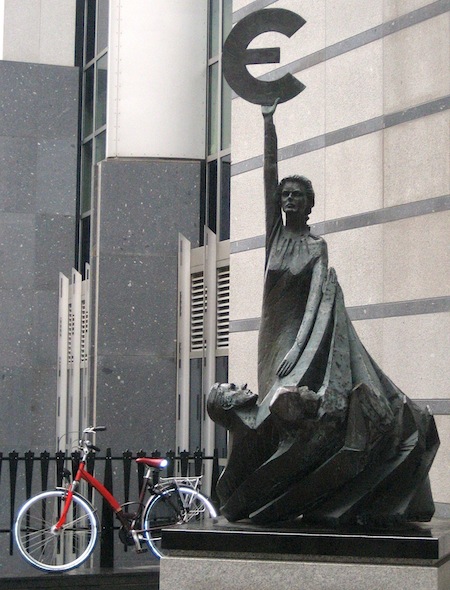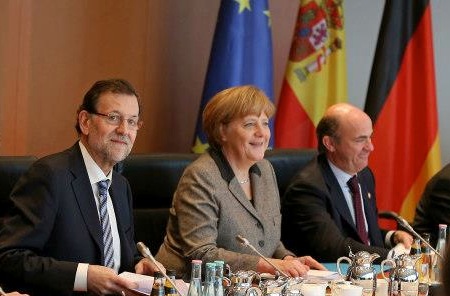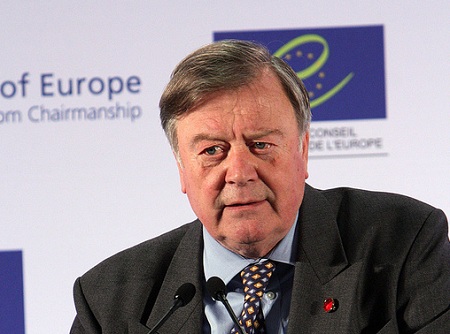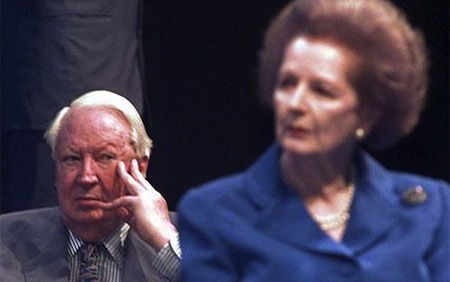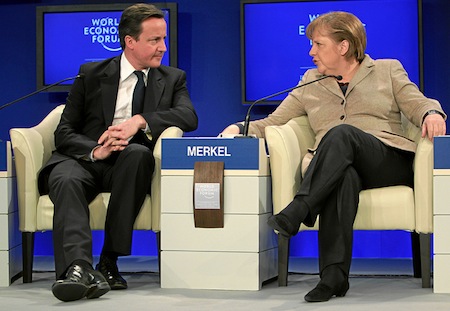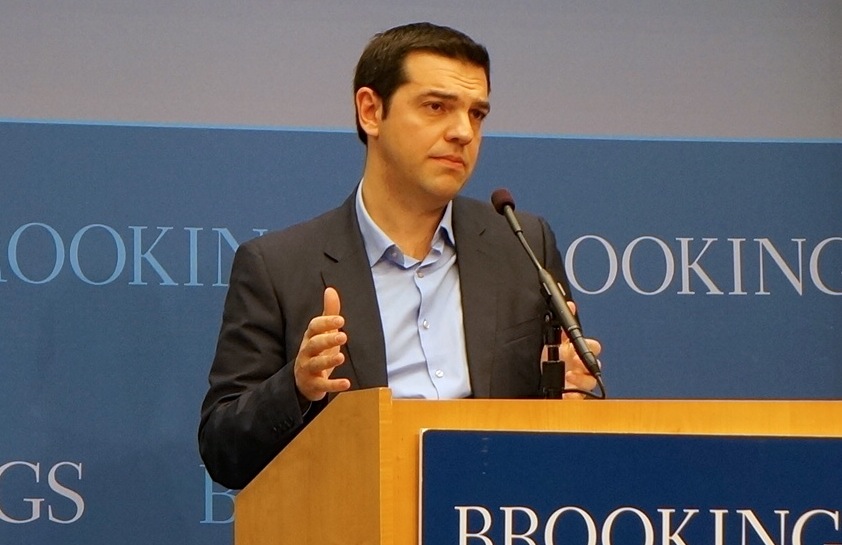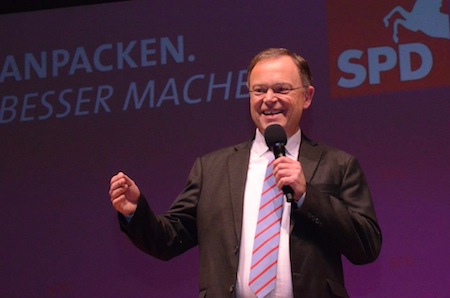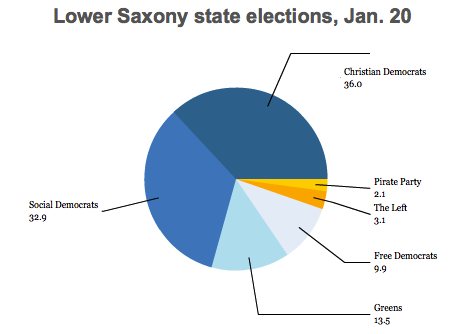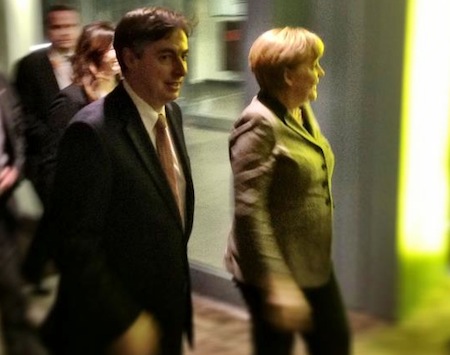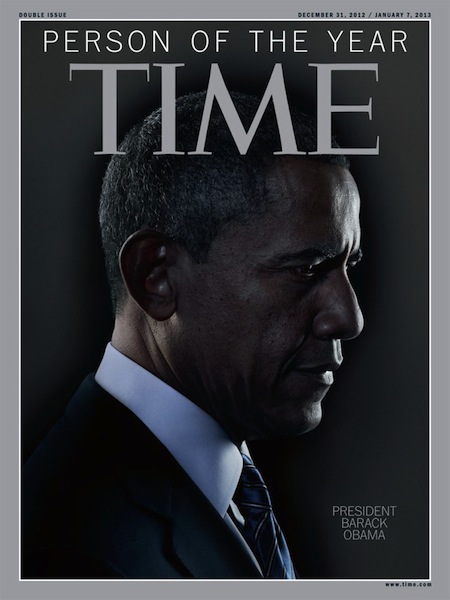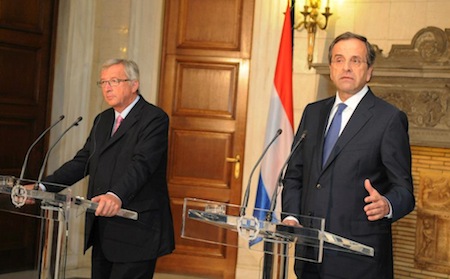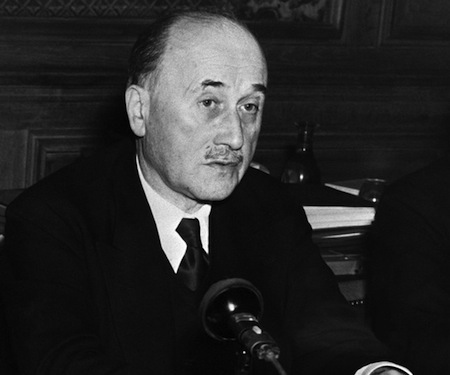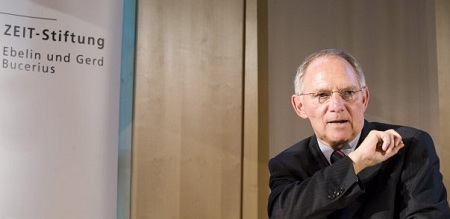Guest post by Michael J. Geary
European Union leaders reached agreement Friday on the EU budget (the multi-annual financial framework or ‘MFF’) for the period from 2014 to 2020.![]() After months of bickering, the 27 member states signed off on a deal totaling €908.4 billion, and the European Parliament will vote on the budget in March.
After months of bickering, the 27 member states signed off on a deal totaling €908.4 billion, and the European Parliament will vote on the budget in March.
The budget is geared towards two — some would say conflicting — goals and political constituencies.
On the one hand, politicians argued that spending should be mobilised to support growth, employment, competitiveness and convergence, in line with the Europe 2020 Strategy. At the same time, some EU leaders in the United Kingdom, Germany and in the Netherlands, made clear that ‘as fiscal discipline is reinforced in Europe, it is essential that the future MFF reflects the consolidation efforts being made by Member States to bring deficit and debt onto a more sustainable path.’ The result is a smaller budget than was agreed for the previous budgetary period (2007 to 2013), yet one that is expected to achieve greater results to help pull the EU out of its economic malaise. A ‘spend less, achieve more policy’ strategy in an era when one in four Spaniards are unemployed seems doomed to fail.
The result, however, is not wholly surprising. Over the last four years, austerity and cuts in public spending have become commonplace throughout the EU, so it should come as no shock that the EU institutions should also tighten their belts.
Speaking after the negotiations concluded, German chancellor Angela Merkel said, ‘The agreement is a good agreement as it gives predictability for investors to create growth and jobs.’ José Manuel Barroso, the European Commission president, no doubt privately disappointed with the outcome, publicly voiced support for the deal saying the budget was ‘an important catalyst for growth and jobs.’
UK prime minister David Cameron can also be very pleased with the result, given that the agreement marks the first time in the history of the EU that its budget has been scaled back. Cameron had gone to Brussels threatening to use the veto if leaders failed to make savings in real terms. He singled out the exorbitant salaries paid to some of the EU’s top officials, some of whom earn close to €15,000 per month and are taxed at just 8%. During the last five years, national-level tax increases have been imposed in addition to freezes on public and private sector pay, while officials working in the EU institutions have escaped austerity. Cameron was determined, during the talks on the budget, to cut administrative costs despite opposition from French and Polish leaders who feared any cuts to the EU budget would affect generous subsidies to farmers and structural and cohesion funds.
Cameron was clearly relieved that his call for budgetary reductions met with friendly ears at least among some EU colleagues. Over the past twelve months, he had been busy building a coalition among the Dutch, German and Scandinavian member states (the EU’s main paymasters) to reduce the budget in real terms.
Although Cameron and Merkel may well find themselves at odds over the UK’s role in the EU over the next five years, with Cameron determined to ‘renegotiate’ its role and Merkel equally determined to forge ever closer fiscal and political union, budget politics may have been a useful vector to find common ground. Indeed, Merkel and Dutch prime minister Mark Rutte ultimately became strong supporters of London’s push to force austerity on the EU itself. The unlikely emergence of the Anglo-German alliance was perhaps the most intriguing element of the negotiations. Continue reading ‘La bataille des chiffres’: EU leaders agree new budget deal
